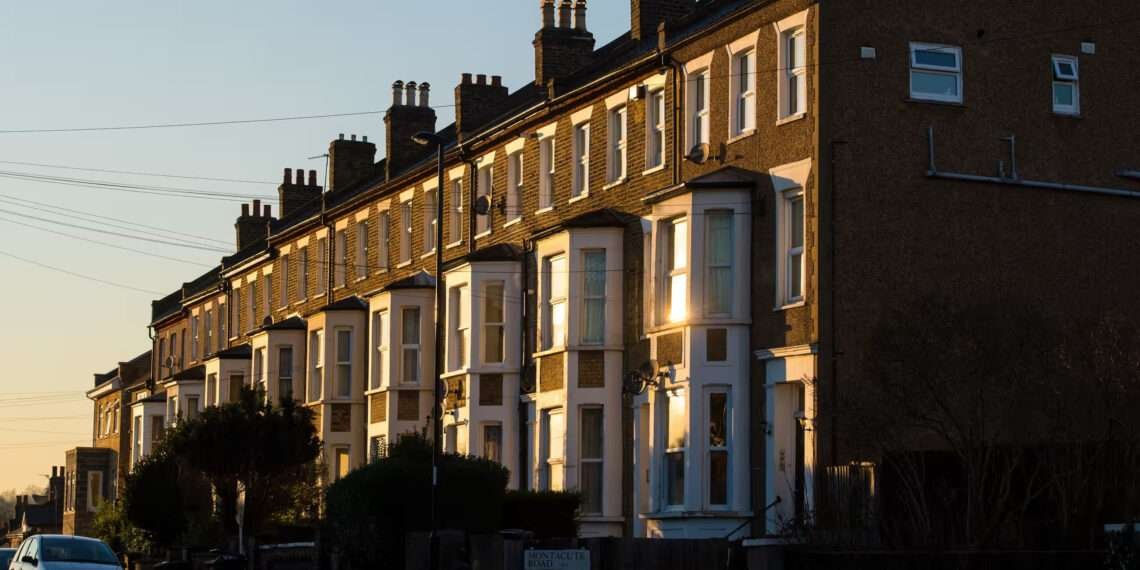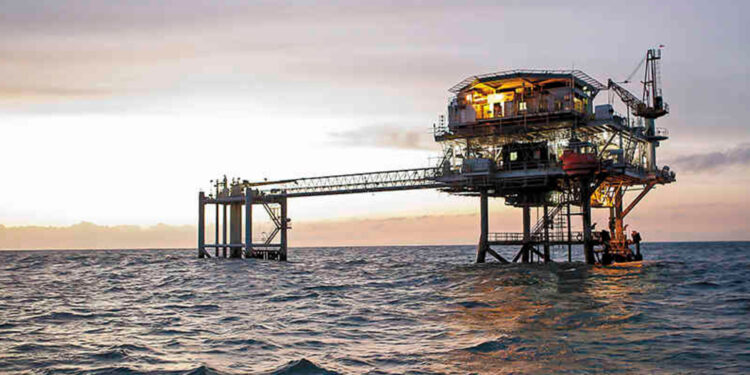Labour has confirmed that council tax increases will remain capped at 5% for the upcoming year, a decision that could see average household bills rise by approximately £100.
The announcement follows recent speculation in Parliament, where Prime Minister Keir Starmer sidestepped questions on the matter during Prime Minister’s Questions (PMQs).
The Prime Minister’s Press Secretary stated definitively that the threshold for council tax increases by local authorities would “remain the same,” holding the line at a maximum 5% hike. The clarification came after Starmer was pressed by Conservative leader Kemi Badenoch, who highlighted the Prime Minister’s initial reluctance to provide a straightforward response.
Addressing MPs, Starmer said only that members would “know what the arrangements are,” leaving room for speculation. Badenoch responded pointedly, “I think the house would have heard that the prime minister could neither confirm nor deny whether the cap on council tax was being raised.”
Inflation Outpaced by Tax Increases
A 5% council tax increase would outpace the current inflation rate, which fell to 1.7% in October — marking its first dip below 2% since 2021. This potential increase could hit households hard, with government data showing that the average band D council tax for 2024-25 is set at £2,171.
This represents a rise of £106, or 5.1%, over the previous year. Meanwhile, residents in band H, the most expensive council tax bracket, face even steeper costs, with bills set to climb by £217 from last year’s £4,342.
Amid these announcements, Starmer accused the Conservative Party of leaving local councils in an “absolutely catastrophic state,” underscoring the financial strain many authorities are under.
Badenoch, in her Commons address, questioned Labour’s plans for supporting cash-strapped councils, pressing the Prime Minister to address concerns over adequate funding.

In response, the Conservatives pointed to written answers from ministers that projected an increase in core spending power (CSP) for local governments.
Estimates indicate the CSP will rise from £64.7 billion in 2024-25 to £68.4 billion in 2025-26. However, opposition voices have argued that these figures fall short of covering local authorities’ growing financial demands.
Potential for Larger Increases
While the cap for council tax rises has been set at 5%, councils with social care responsibilities are permitted an additional 2% increase. Any proposed increases beyond this cap would require government approval or be subject to a local referendum. Historically, council tax rises have been capped at 2.99%, plus the extra 2% for social care.
The financial outlook for many councils remains bleak. A Local Government Association survey revealed that one in four councils anticipates needing emergency government support within the next two years to avoid bankruptcy. This reality suggests that significant council tax hikes may become more common as local authorities strive to balance their budgets.
The road ahead poses tough choices for councils and families alike, with the implications of rising costs likely to reverberate across communities already grappling with economic uncertainty.
READ ALSO: UTNMG to Withhold Support for NPP Over Unpaid Allowances




















